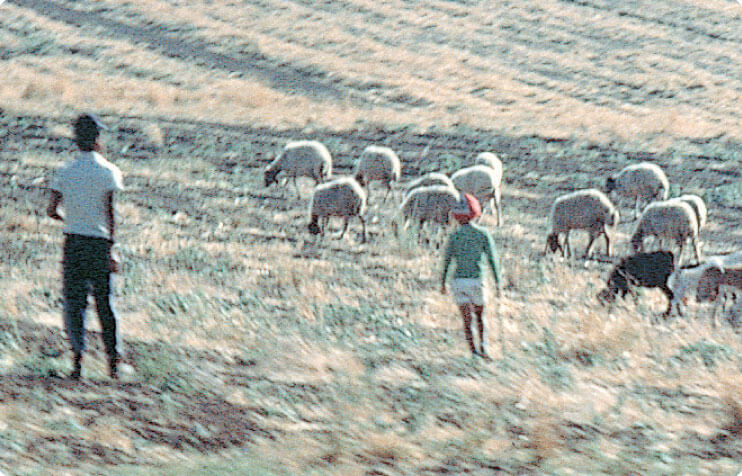
The elder son tells his father, “For years now I have slaved for you. I never disobeyed one of your orders, yet you never gave me so much as a kid goat to celebrate with my friends. Then, when this son of yours returns after having gone through your property with loose women, you kill the fatted calf for him.” The father explains, “My son, you are with me always, and everything I have is yours. But we had to celebrate and rejoice! This brother of yours was dead, and has come back to life. He was lost, and is found” (Luke 15.31-32).
Jesus tells three parallel parables in Sunday’s gospel. A shepherd leaves 99 sheep to find the one. A woman with ten silver pieces loses one and sweeps until she finds it. A father has two sons, one is the well-known prodigal who breaks away from his father, wastes his inheritance, then feels desperate in a famine, repents and returns.
Each story ends in celebration. The shepherd carries his lost sheep home and calls friends and neighbors to celebrate. The woman calls her friends and neighbors to share her joy. Likewise, the father welcomes the son, dresses him in fine clothes, kills the fatted calf, and calls in the neighbors to eat and dance.
The first two parable conclude by comparing the lost to a sinner and emphasizing the joy in heaven when a sinner repents. A sheep, a coin, and one son have been lost and found. But the father has two sons, the elder responsible, hard-working, obedient son reacts with anger and jealousy when he hears his less than deserving brother is home and his father throwing a welcome party. The parable ends without him knowing what the elder son does.
What do we do with anger and jealous feelings? What would you do in the brother’s shoes?